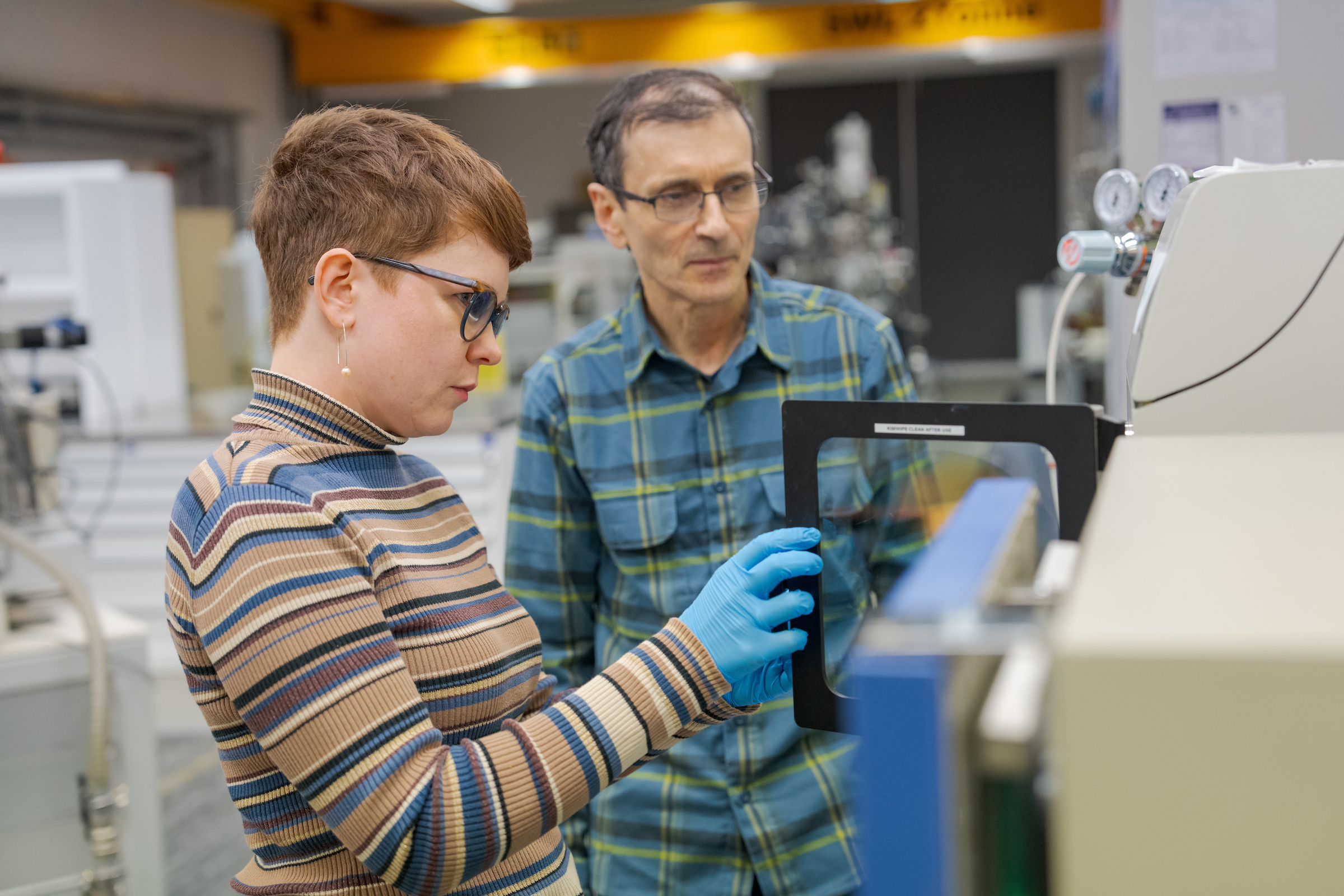
Research projects
Below we list current research topics in RSES, with links to relevant researchers, supervisors and research groups.
Displaying 1 - 13 of 13 project(s).
Biomarkers
Life in the Precambrian was dominated by bacteria and archaea, organisms that rarely leave diagnostic cellular remains in the fossil record. However, hydrocarbon biomarkers, the molecular fossils of natural products such as lipids and pigments, can yield a wealth of information about...
Using Porites coral cores to examine elemental and isotopic proxies to develop proxy reconstructions of the environment.
Utilize elemental, isotopic and radiometric proxies trapped in deep sea coral skeletons to examine past climate.
The project aims to reconstruct deep water carbonate ion and nutrient contents at millennial timescales using high sedimentation cores from the Atlantic Ocean.
science Research area
Group
People
- Professor Michael Ellwood, Principal investigator
- Professor Stephen Eggins, Principal investigator
Diatoms are an important primary producer group and currently account for 40% of global primary production. The sequestration of carbon into the deep ocean by diatoms makes them key players in the modulation of atmospheric CO2 levels and global climate.
There is growing evidence from both laboratory and...
In lakes and oceans, organic matter from dead organisms is usually recycled back into CO 2 and water. However, a small fraction of this dead biomass, particularly pigments and lipids, escapes the remineralization process and accumulates in the bottom sediment. Over millions of years, the lipids will turn into...
Utilize the state of the art AMS and radiocarbon preparation labs at RSES to trace carbon through the environment.
The Early Paleozoic is a critical time for the evolution of life on Earth, deposition of organic-rich rocks and the generation of global petroleum accumulations. Canning Basin Ordovician cores contain the microfossils G. prisca and E. maureeniae, representing a unique opportunity to investigate their molecular fossils
Research supports
The group has funding to support one highly motivated PhD student, based on competition of applicants (academic background, research ideas, etc). Contact me if you are interested.
We also welcome candidates who can raise fund (e.g., China Scholarship Council,...
The Proterozoic saw the emergence of eukaryotic life on Earth. The Carrara 1 well in the South Nicholson Basin will recover pristine cores of Mesoproterozoic, Paleoproterozoic and Cambrian age. These cores offer a unique opportunity to investigate the ancestry of eukaryotes using molecular fossils preserved in rocks.
Lake Tyrrell is a large salt lake in outback Australia . We aim to make the lake one of the most completely understood hypersaline ecosystems in the world. To achieve this, we are combining environmental genomics where the genome of all predominant microorganism in the lake water are sequenced (>1 billion base...
Today, Earth's oceans are teaming with life, and even deep marine trenches contain enough oxygen to support complex organisms. However, oceans in Earth's distant past were fundamentally different. In the first half of Earth history, ~4.5 to 2.3 billion years (Ga) ago, the world's oceans and atmosphere were almost...
